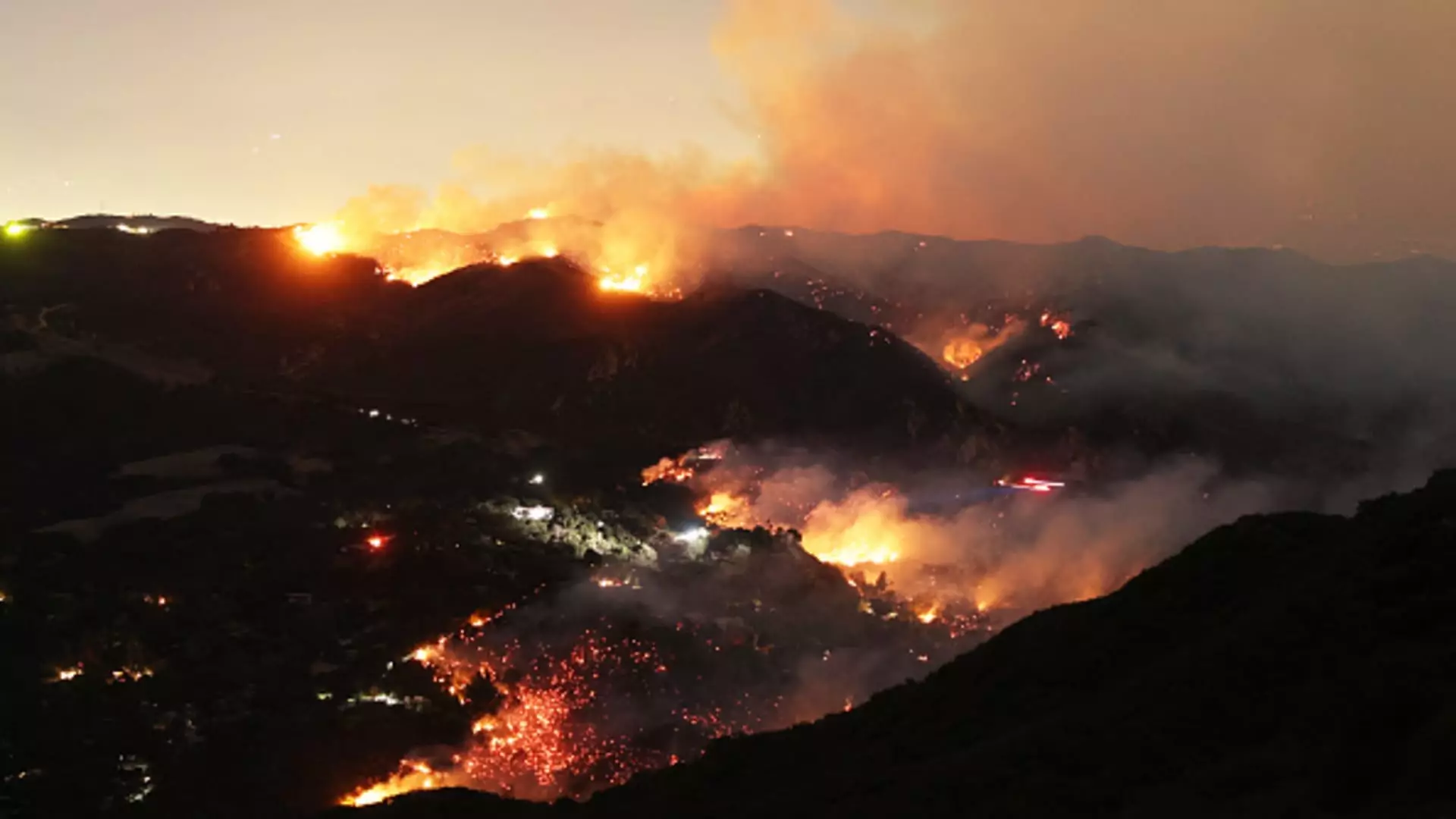The relentless wildfires that swept through Southern California have left devastation in their wake, reshaping lives and communities. With a staggering 40,000 acres scorched and over 12,300 structures reduced to rubble, residents find themselves grappling with both loss and uncertainty. Mandatory evacuation orders affecting approximately 88,000 residents have become an unfortunate reality, revealing the far-reaching consequences of these natural disasters. As the economic toll from the early January wildfires is projected to exceed $60 billion, the pressing question for many is: what comes next?
In the chaotic aftermath of the fires, one of the crucial steps for affected residents is initiating the insurance claims process. Experts underscore the importance of acting swiftly. Karl Susman, an insurance broker, emphasizes that victims should submit their claims as promptly as possible to alleviate delays that typically follow such widespread calamities. “Get your claim filed as quickly as you can,” he states, encouraging individuals to start even without complete documentation of their losses.
The stark reality is that the unprecedented volume of claims will likely lead to prolonged processing times. Residents must be prepared to navigate this intricate web of red tape while managing their personal grief. It is vital to act swiftly and maintain proactive communication with insurance companies, keeping in mind that even partial information can initiate the claims process.
Both homeowners and renters can benefit from a set of actionable steps to reclaim their stability in the wake of disaster. First on the list is ensuring personal safety and securing temporary shelter. For renters, the claims process mirrors that of homeowners, which is reassuring albeit requiring diligence. Shannon Martin, an insurance analyst, reiterates this sentiment, advising affected individuals to inquire about temporary living expenses if their living situation has been compromised.
One critical point raised is the importance of “loss of use” coverage, which may provide a safety net for those displaced by the wildfires. This type of coverage can assist survivors in covering the cost of temporary lodging, offering some relief during an already challenging time. Documenting every expense, from temporary housing to everyday necessities, is crucial. Douglas Heller, an insurance expert, advocates for meticulous record-keeping, which can facilitate smoother claims processing and increase the chances of reimbursement.
When faced with the aftermath of wildfires, residents often overlook the significance of managing utility services. Susman recommends contacting utility providers to temporarily halt services if significant damage has occurred or if your home is deemed uninhabitable. This can not only alleviate financial burdens but also protect further loss from unpaid bills.
Moreover, auto insurance coverage in the wake of wildfire damage is another element that residents must not neglect. Many may assume obstacles due to their vehicles being homebound, but comprehensive coverage typically includes losses resulting from fire damage. Understanding the nuances of one’s auto insurance policy is essential, as it can significantly impact financial recovery after losing a vehicle.
For those without insurance or adequate coverage, hope is not lost. Government initiatives, such as those announced by President Biden detailing one-time FEMA payments, are aimed at aiding affected individuals. The appeal begins at the federal level, where aid can be solicited through channels like DisasterAssistance.gov or hotline services. This accessibility allows residents to acquire urgent assistance and support.
Additionally, ongoing support is found within local communities. Residents are encouraged to seek out support groups and workshops designed to assist those grappling with loss. The California Insurance Commission is also actively providing resources to assist residents in navigating the insurance claims process. Community engagement can foster resilience as individuals collectively rebuild their lives.
The aftermath of the Southern California wildfires serves as a stark reminder of nature’s unpredictability and the importance of preparedness. As residents wade through the debris of lost homes and cherished belongings, they must remain vigilant in navigating the complexities of the insurance claims process while accessing available resources and community support. With proactive measures, clear documentation, and a commitment to rebuilding, the path to recovery, although arduous, can lead to renewed hope and resilience.

